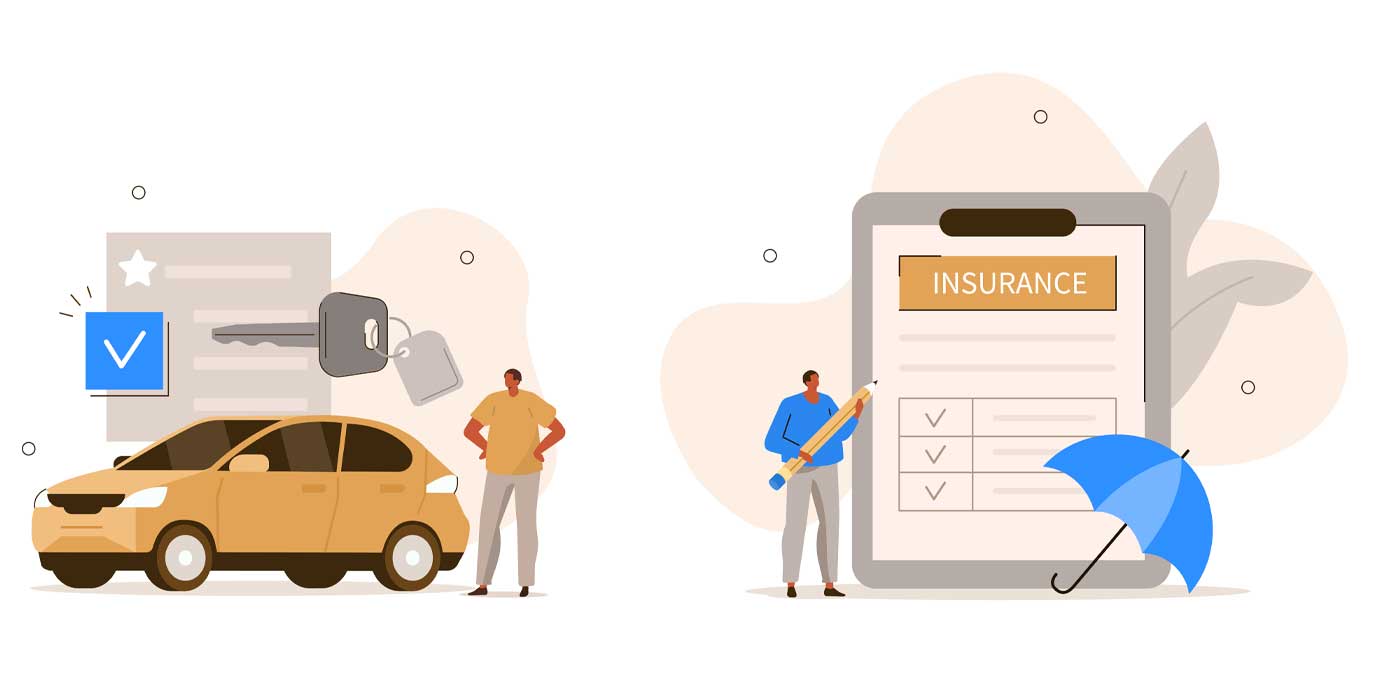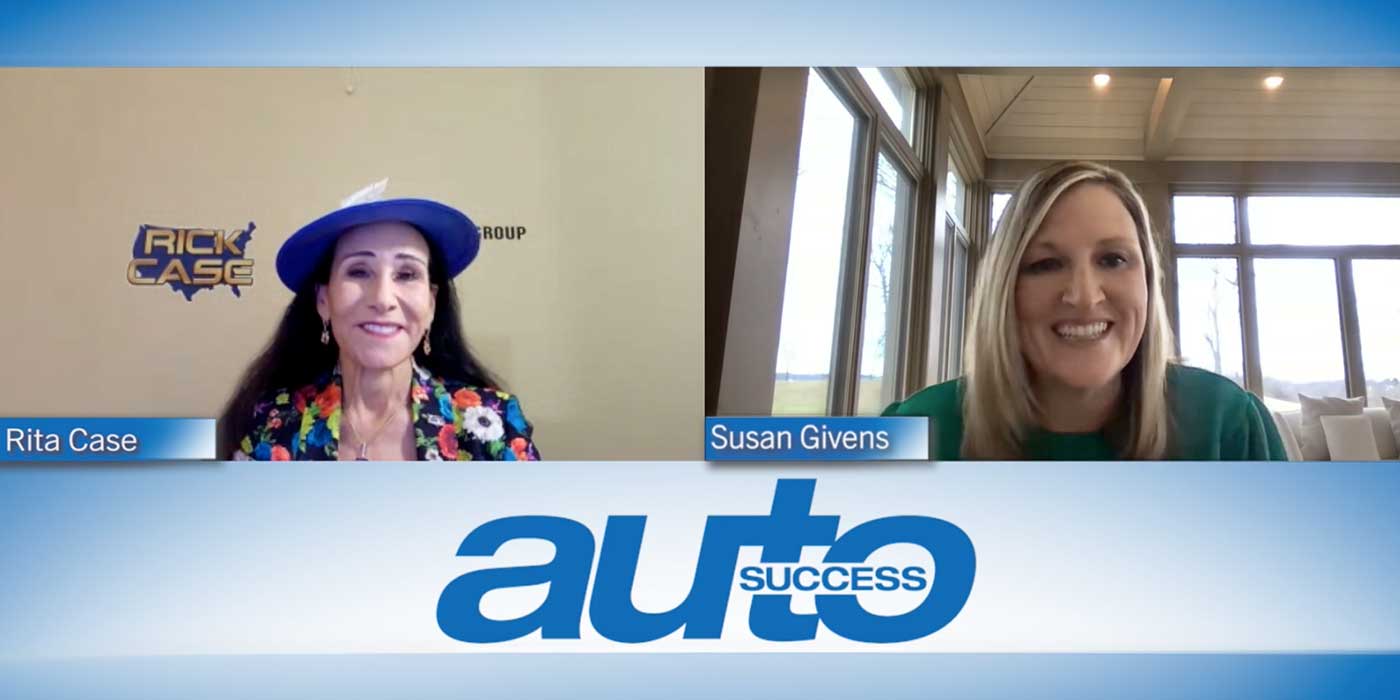Beginning in the 2018 tax year, the Federal Tax Cuts and Jobs Act (TCJA) prompted many car dealers to consider the formation of a domestic c-corporation (a dealer-owned warranty company or DOWC) as a means of shifting away from the uncertain future tax implications of operating as a non-controlled foreign corporation (NCFC) and insulating themselves from newly mandated disclosures required from controlled foreign corporation (CFC) owners. The tax structure and benefits afforded a dealer-owned warranty company to effectively meet the needs of dealerships while ensuring regulatory compliance.
Some dealership owners have not yet made the switch because they simply do not understand what a dealer-owned warranty company is or how it functions, or because shifting gears after so many years can be scary. In order to clarify what a dealer-owned warranty company is, let’s first take a look at what it’s not. It is not the same as an NCFC or CFC — it is not a foreign company at all. Many dealership groups participate in NCFCs as a way to defer tax liability and participate in underwriting results. While the TCJA legislation was designed to reduce income tax rates for individuals and corporations, it also affected the selection and profitability of participation programs for many dealers. Under the new tax law, dealership groups now need to either report passive foreign investment income or follow the advice of some NCFC advisors down another, potentially riskier path.
In a DOWC, the dealer forms a separate c-corporation specifically for the purpose of underwriting service contracts. This new entity becomes the provider of the contracts, providing an alternative to using a third-party administrator to hold reserves. The most complicated, and arguably greatest, benefit of a DOWC is that the tax-deferred nature allows the dealer to use it as a wealth-building tool. Dealers are taking advantage of the same tax laws that insurance companies have been operating under for decades. Essentially, the company has no taxable income for an extended period of time as a result of numerous expenses. The expenses of administering and acquiring sales of the DOWC are deductions in the current tax year, and net operating losses are carried forward. Dealers who switch to a DOWC structure are now filing the same tax returns as Property & Casualty companies, which account for the tax deferral created by the compounding NOLs.
Another clear advantage is that underwriting profits and investment income are retained solely by the DOWC, as opposed to in other structures where premiums may be exempt from tax, however, investment income returns are taxed at normal corporate rates. In addition, a dealer-owned warranty company structure allows dealers to stay on-shore and benefit from domestic formation, as opposed to having to maintain foreign companies. This means dealers can choose to open bank and investment accounts at institutions of their choosing instead of being forced to invest with money managers preferred by the administrator. This can provide significant cash flow and a dealer can also borrow for virtually any purpose.
Shifting to a dealer-owned warranty company provides significant tax benefits and additional advantages that help optimize their F&I program. When a DOWC serves as its provider, the dealer immediately has 100% control over their F&I program. Rates, coverages, marketing materials, as well as the company name are all at the discretion of the dealer. In addition to increasing profit potential on F&I sales, the ability to tailor and customize their own F&I offerings means a dealer can build a portfolio of F&I products that caters to a variety of vehicles.
There is no substitute for knowing the law and working within federal regulations and state statutes to craft customized solutions. To truly maximize the potential benefits, it is critical that dealers seek out a partner who will provide assistance during the formation and implementation of their dealer-owned warranty company, as well as regular performance monitoring as a trusted administrator.














